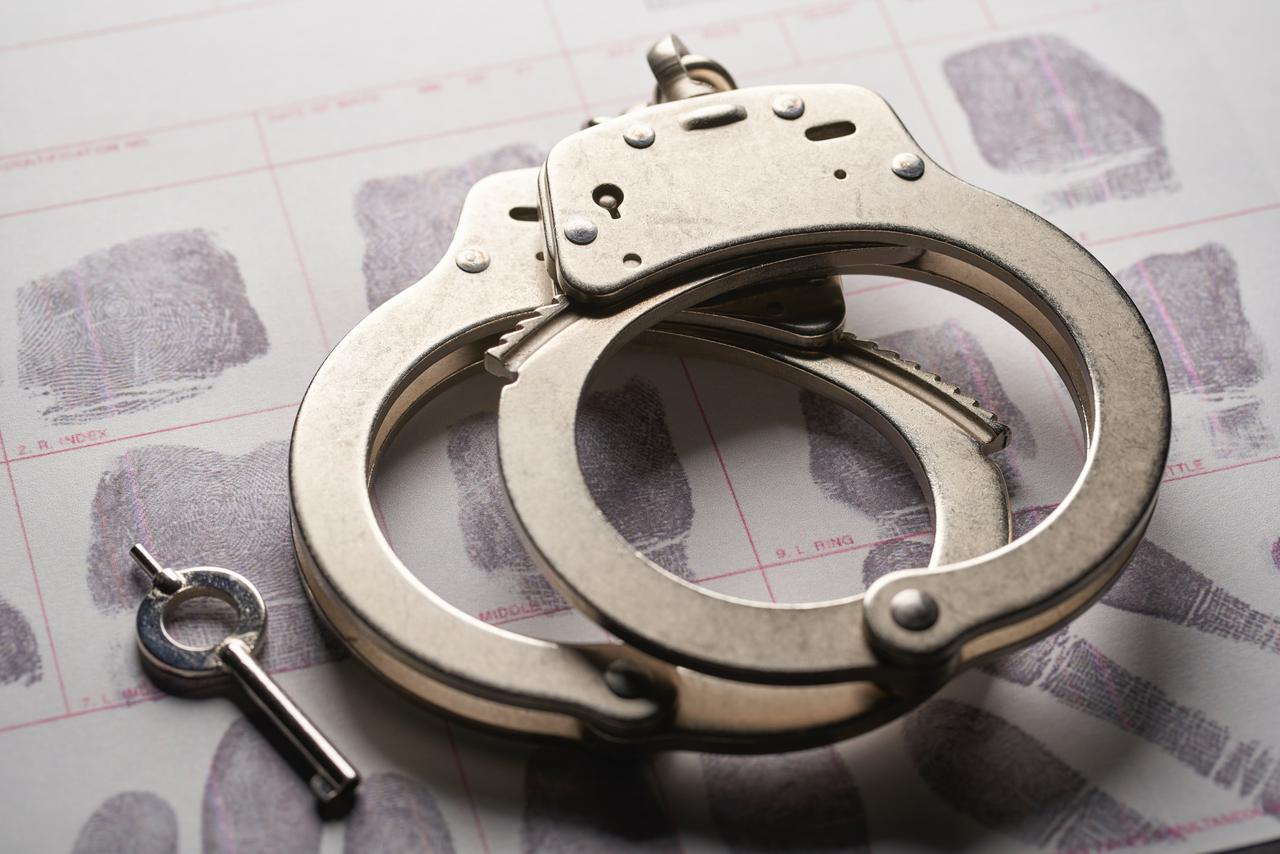
If you’re facing a criminal charge for impaired driving, it’s essential to know what you’re up against in order to fight it in court. California has some of the strictest DUI laws in the country. However, with the help of an experienced DUI defense attorney, you don’t have to resign yourself to harsh punishment. First, it’s critical to know what the two acronyms stand for:
Every state defines the two charges differently. In some places, one is used to refer to alcohol, while the other is for drivers under the influence of drugs. One term can refer to a blood alcohol level over the legal limit (0.08 percent), while the other is for impaired drivers under the legal limit.
There are even more specialized terms used for impaired driving in some states. Depending on where you live or travel, you may hear other acronyms, such as:
Some states use these charges when an intoxicated or impaired driver is behind the wheel of a car that’s turned off or stopped.

You don’t want to be charged with either, but in states that recognize separate charges, a DWI is generally more severe. A general rule of thumb is the higher a driver’s BAC (blood alcohol content), the more severe the punishment, whether the charge is DUI or DWI.
Both charges are highly disruptive to your life. As a DUI defense attorney can explain, substantial fines are just one component of the loss of control and financial hardship associated with DUIs and DWIs. The court sometimes requires a breathalyzer interlock device to be installed on an individual’s car. It prevents the ignition from starting unless the driver has a blood-alcohol level of zero. Some other punitive measures associated with driving under the influence are:
Any of which can pose significant challenges to a driver.

A DUI defense attorney in your state knows the details associated with each term and the difference in punishments associated with the two charges. California uses DUI and DWI interchangeably, but the technical charge is DUI.
Our state also has a zero-tolerance policy for minors. If a driver is under the age of 21 and has a BAC level of 0.01 percent, they can be charged with an underage DUI, which can stay on a record for up to ten years.
Drivers on probation for a prior DUI charge are also subjected to the zero-tolerance policy but can have a BAC up to 0.04 percent.
If you find yourself in need of a DUI defense attorney, reach out to my offices today. With over 20 years of legal experience, I have the tenacity and knowledge to help my clients fight their DUI charges. My team includes private investigators, forensic toxicologists, and police practice experts ready to defend you against criminal charges.
I’ve had roadside test results overturned for many of my clients for mistakes in protocols, errors in test administration, and contamination of samples. If you’re pulled over and asked to submit to a roadside sobriety test, you can refuse and contact a DUI defense attorney like myself instead.
You can get in touch with my staff directly at 916-619-7200. Or, if you’ve recently been charged with a DUI, fill out my team’s online form as soon as possible.